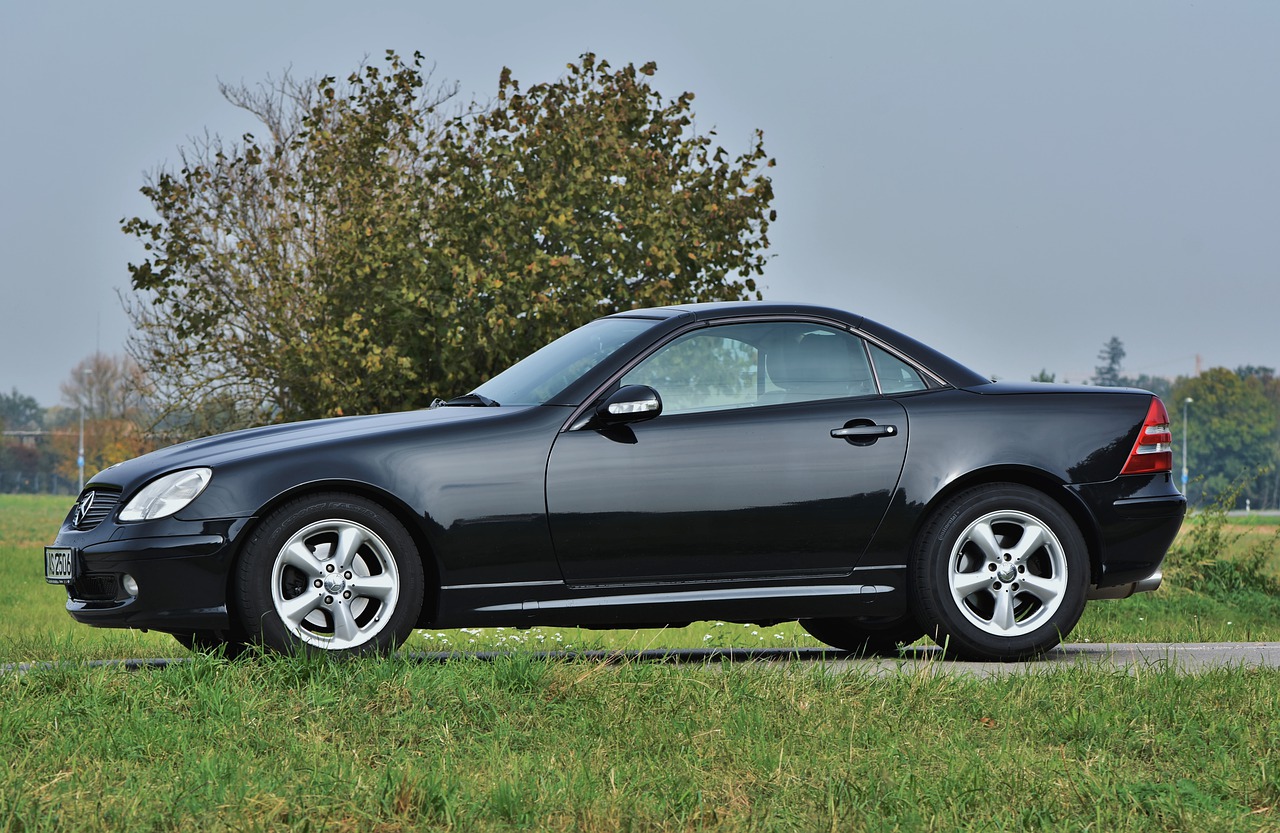
While we might not pay much thought to it, the choices we make on a daily basis all contribute to our carbon footprints. Our environmental impact is affected by everything from what food we eat, to what clothes we wear, to the way we drive our cars - and with 276 million vehicles on the road, that leaves a lot of room for improvement.
With that in mind, how can we make all those cars greener?
Keep your car well-maintained
One of the best ways to make your car more eco-friendly is to keep it in the best condition possible. By carrying out the proper maintenance, you can ensure it operates at maximum efficiency, using less fuel to get from A to B and creating fewer greenhouse gas emissions as a result.
What’s more, proper maintenance reduces wear and tear on your car’s various components. This means there’s less chance of anything breaking and needing a replacement, which saves you money and avoids broken car parts ending up in a landfill.
Clean out your air filters
If the air filters in your car get clogged up, they restrict airflow to the engine, reducing its performance. This can also lead to build-ups of harmful deposits which further reduce your engine’s efficiency and increase wear and tear. You should check your air filters at regular intervals as recommended by your car’s owner’s manual.
Check your tyre pressure
Your tyres will naturally lose pressure over time, so it’s a good idea to check them regularly. The same goes for motorcycles. Underinflated tyres don’t perform as well, increasing your fuel usage, and are also more vulnerable to damage. Keep your tyres inflated to the correct level to avoid wasting fuel and minimise the risk of having to get new ones fitted.
Keep your engine healthy
The engine is by far the most important part of your car, so it needs special attention to keep it running efficiently.
Firstly, you should change the engine oil on a regular basis. Engine oil keeps the whole system lubricated and operating properly, but it can degrade and pick up impurities over time, reducing its effectiveness. Be sure to change your oil at the intervals recommended in your owner’s manual.
You should also consider using a cleaning agent. Harmful deposits can build up in your engine over time, reducing the engine’s operating efficiency; cleaning agents remove these deposits to keep your engine in top condition. You can add cleaning agents into the system manually, or use premium fuels which come premixed with cleaning solutions.
Change your driving style
Besides the internal components, the other major factor in how eco-friendly a car is is its driver. The way you drive can significantly alter how well your car runs. Sudden braking, hard acceleration and excessive speed are all aggressive driving behaviours that reduce fuel efficiency at the same time as increasing the wear and tear on your car’s various systems. Slow down and chill out to help your car use less fuel and avoid damage.
Change your car
A more drastic option is to change your car entirely. Older models are generally less fuel-efficient than newer cars, so modernising is a good way to reduce your carbon footprint when driving.
Look for newer models with the best fuel economy, and consider switching to a hybrid vehicle for even fewer emissions. Better yet, see if an electric car would be suitable for your needs - electric vehicles can as much as halve emissions, with an estimated 98g of CO2 per kilometre compared to a traditional vehicle’s 185g per kilometre.
The higher price of electric cars can be off-putting to many drivers - however, they’re a great long-term investment, as they cost less to charge than refuelling a traditional car, plus they generally have much lower maintenance costs, saving you money in the long run.
Change the way you use your car
Greener driving is as much about using your car less as it is using it more efficiently. The most eco-friendly ways to get around are walking or biking, which produce zero emissions, or by using public transport, which can reduce emissions by up to 65% at peak times. Think twice before getting behind the wheel - if there’s a better way of reaching your destination, don’t drive.
If you can’t feasibly ditch your car for a journey, you can make the drive more eco-friendly by finding friends, colleagues or neighbours to carpool with. Doing so takes cars off the road, reducing overall emissions and traffic, and means that you’ll share the carbon footprint (and fuel costs) for the journey among multiple people.
You may also like
5 Innovative Ways Recycled Materials Are Being Used
5 Ways to Make Your Home Energy-Efficient
6 Ways to Bring Sustainability to Your Everyday Life
Easy Ways to Live a More Eco-Friendly Life
